Jesus had a personal acquaintance with the life of Galilean fishermen.
Who Questioned Jesus?

One should not exaggerate the opposition against Jesus in Jerusalem during the fateful Passover that witnessed his crucifixion.
Your Money or Your Life

Perhaps the most impressive thing about Jesus’ reply to the question about paying taxes to Caesar is that Jesus disarms his opponents and at the same time places a total demand on them.
The Centurion and the Synagogue
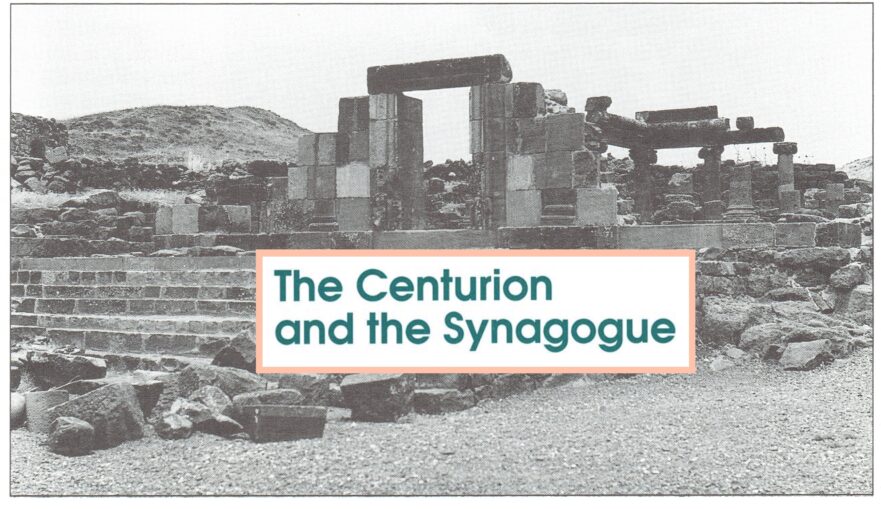
A Roman centurion’s concern for his slave focuses our attention on the presence of non-Jews in the land of Israel in the first century. A modern Jewish authority on the history of the period provides the story’s background.
“Let Down Your Nets”
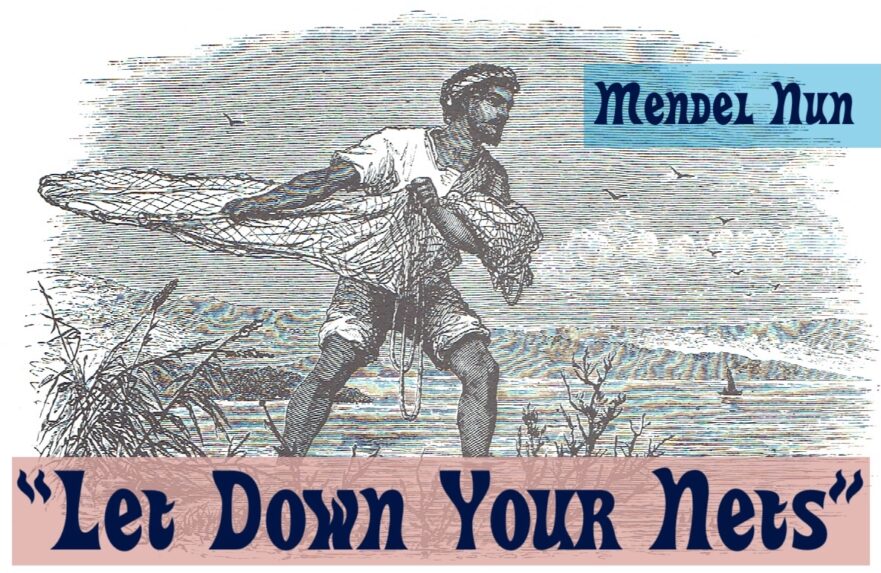
In this article Sea of Galilee fishing expert, Mendel Nun, discusses the different types of fishing nets that were used in the first century by fishermen. Nun’s knowledge of ancient fishing techniques illuminates the stories of Jesus and his followers, many of whom were fishermen.
Synagogue and Sabbath
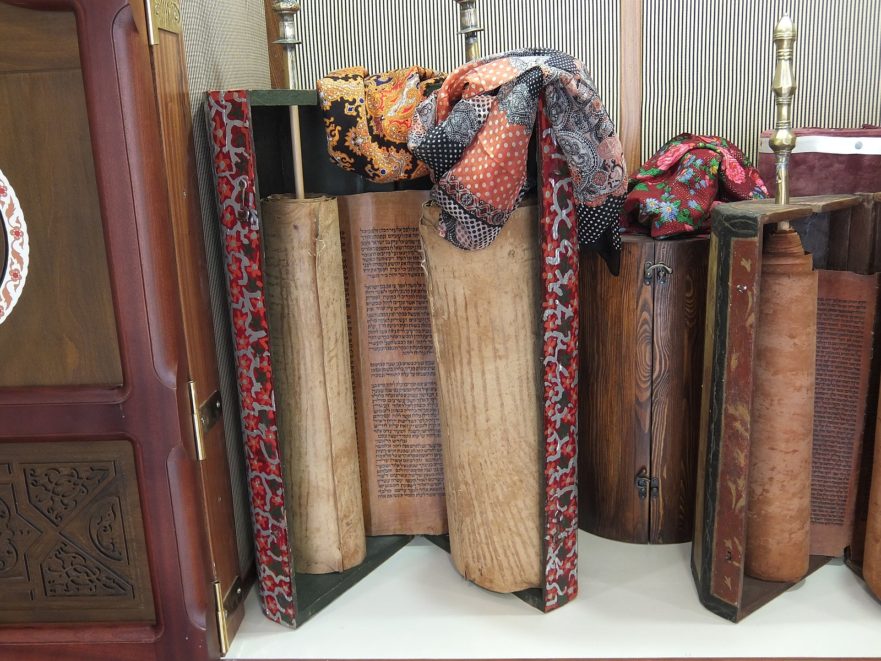
The detailed description of Jesus’ visit to the Nazareth synagogue found in Luke 4:16-21 provides substantial information about synagogue life and customs in the early first century C.E. An examination of this passage will help us understand Jesus more clearly and accurately. This account in Luke’s Gospel agrees with other contemporary and especially rabbinic sources. Together they provide a complete picture of the synagogue in that period.
The Sons of His Will
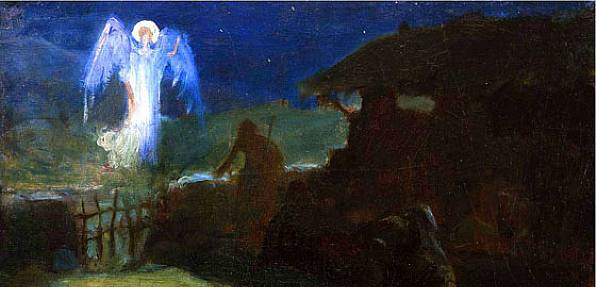
Christmas brings many carols and cards containing the words from Luke 2:14, “Goodwill to men” and “Peace to men of goodwill.” The angels praised God with words that in English may sound like a politician wishing us to “Have a nice day.” Most of us sense that these words reflect something deeper, but why did the angels use such seemingly innocuous words?
“Binding” and “Loosing” in the Kingdom of Heaven

Jewish sages were called upon constantly by their community to interpret scriptural commands. They “bound,” or prohibited, certain activities, and “loosed,” or allowed, others.
Pilgrimage in the Time of Jesus
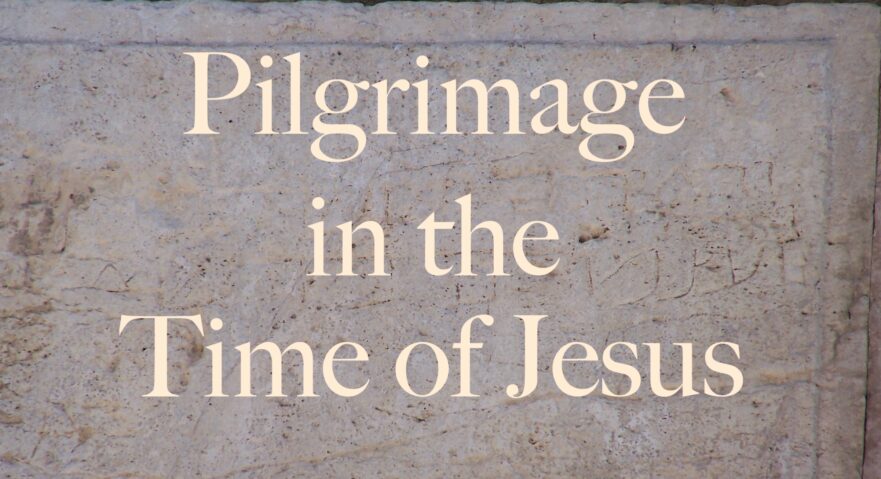
During the Second Temple period pilgrimage was associated with the festivals of Passover, Shavuot and Sukkot.
Hebrew Idioms in the Gospels
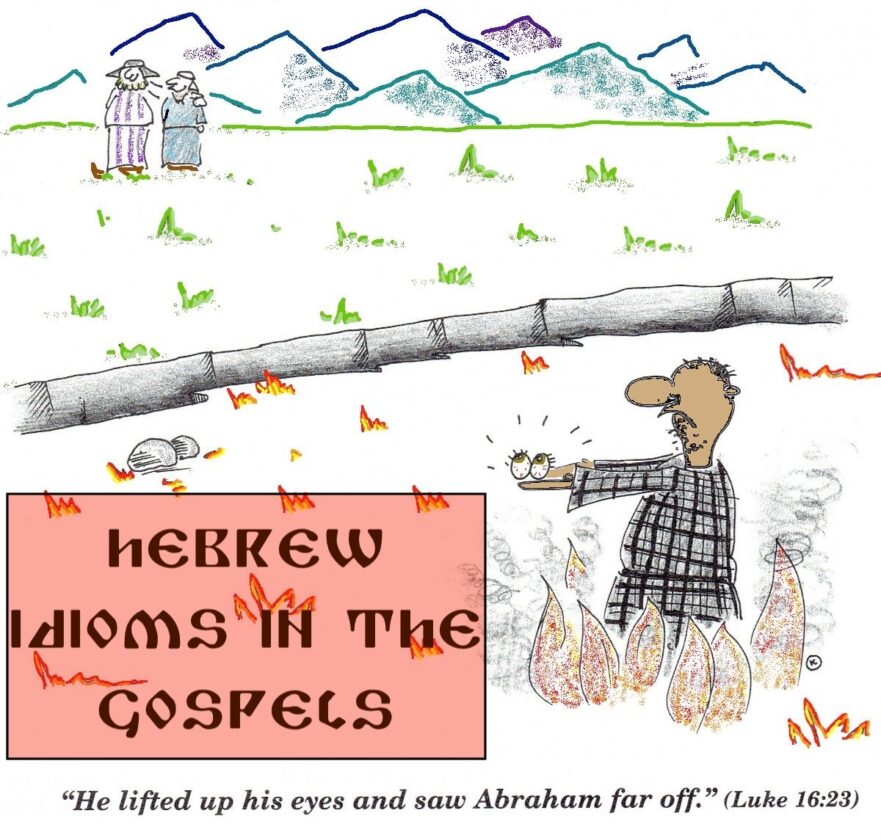
There are many expressions in the Greek texts of Matthew, Mark and Luke that seem to derive from Hebrew idioms. These are phrases that mean something different from the literal meaning of the words they use. Every language has its own idioms, many of which seem strange when translated literally out of their native setting.
By the Finger of God

Jesus’ ministry of miracles and deliverance occasionally brought him into conflict. One of the most intriguing controversies concerned the accusation by a group of Pharisees called “Jerusalem scribes” that Jesus had accomplished the healing of a dumb man with the aid of the prince of demons.
Understanding Parables
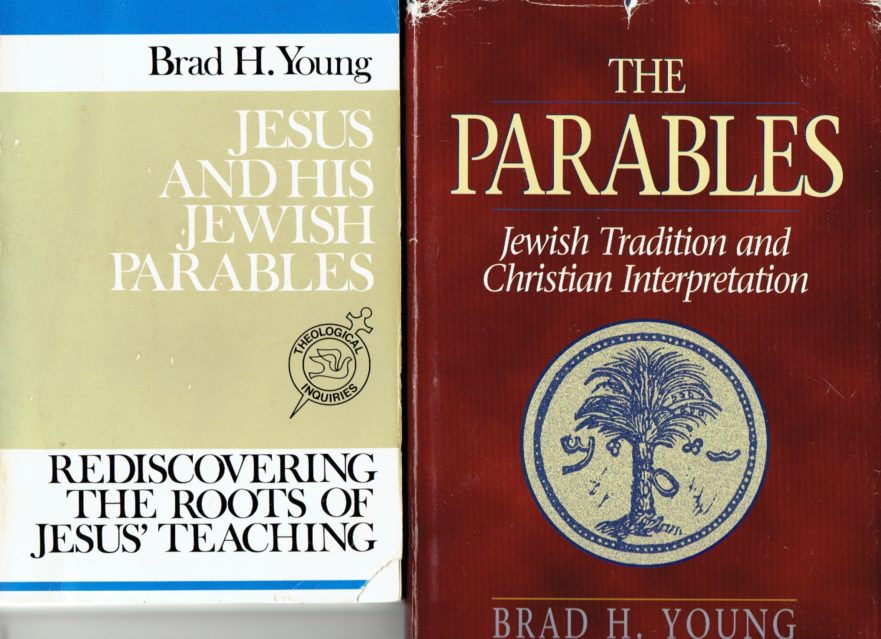
The rabbis taught, “Do not underestimate the value of parables, because by means of parables a person can master the words of Torah” (Song of Songs Rabbah 1:8).
The Role of Women in the Temple
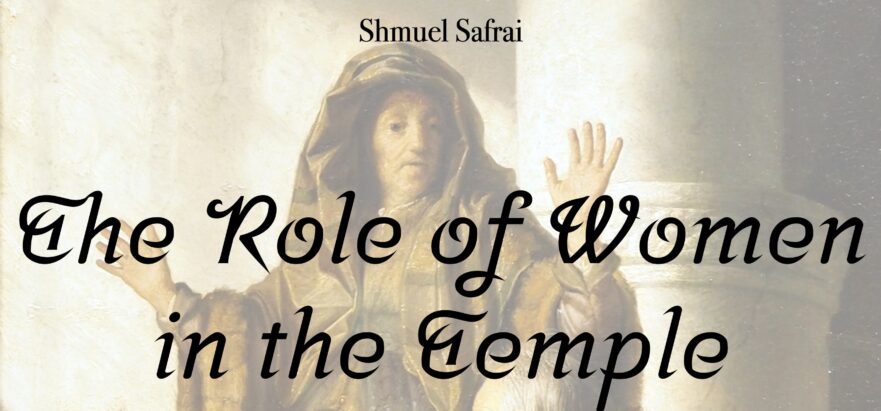
According to Jewish religious law, women were allowed in every area of the Temple precincts in which men were allowed.
Naming John the Baptist

The naming of a child at his circumcision ceremony, as presented in Luke 1, is also mentioned in Luke 2:21 regarding the naming of Jesus. In fact, naming a child during the circumcision ceremony is still accepted Jewish practice. The naming rite includes a prayer for the child’s well-being.
An Introduction to Synoptic Studies

The late Dr. Robert Lindsey, pioneer translator of the Gospels into modern Hebrew, synoptic researcher and pastor of Jerusalem’s Narkis Street Congregation, resided in Israel for over forty years. His discoveries challenge many conclusions of New Testament scholarship from the past two hundred years. Lindsey created a new approach to the study of the Synoptic Gospels. Here, Lindsey provides an introduction to the field of synoptic studies and the “Synoptic Problem.”
John the Nazirite
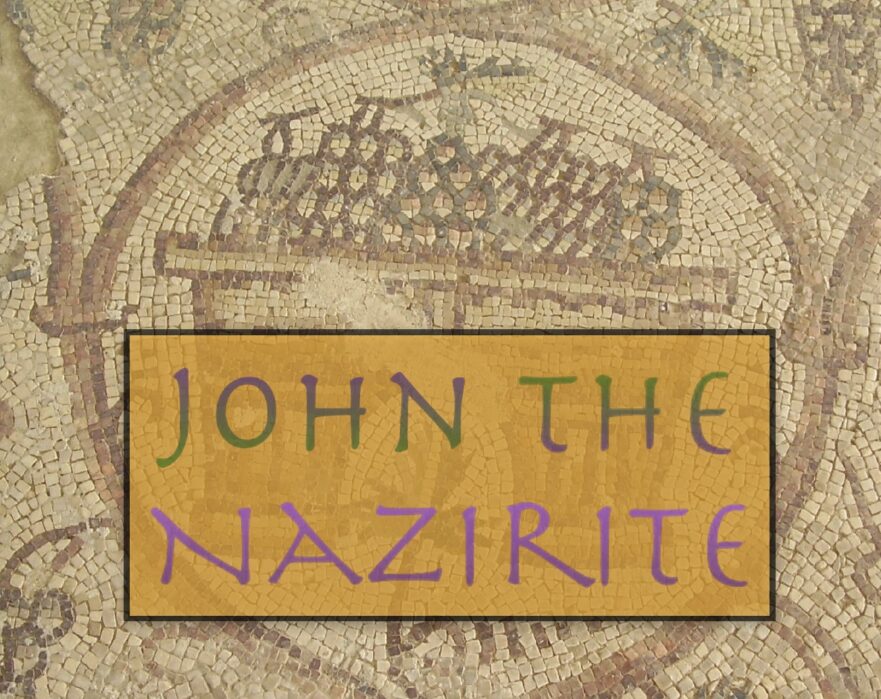
The Mishnah seems to indicate that the vow to abstain even from specific parts of the grape implies acceptance of the entire nazirite regimen. According to Nazir 1:2, even if one vows: “I will abstain from eating grape seeds and grape skins…, he becomes a nazirite.”
Zechariah’s Prestigious Task
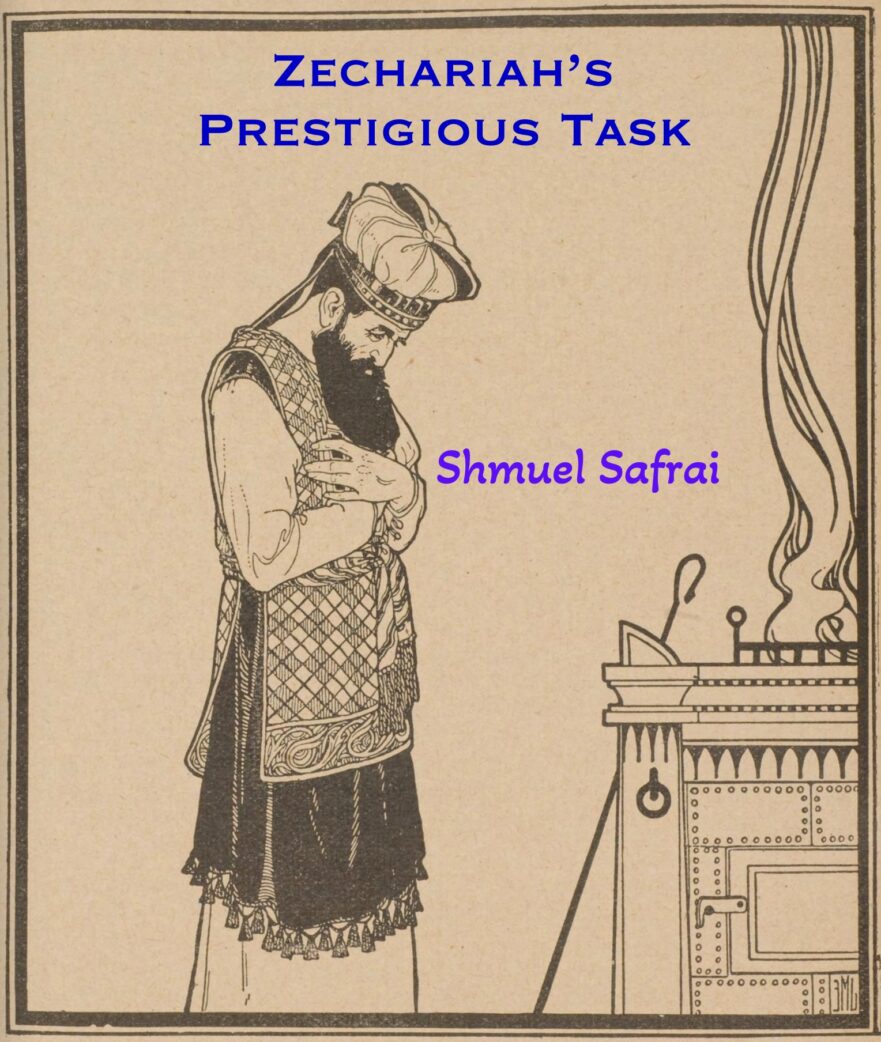
It was not unknown for a priest to see a vision or hear a heavenly voice in the sanctuary at the time of the incense offering. Josephus relates that while the high priest and ruler John Hyrcanus was offering incense in the sanctuary, he heard a voice proclaiming that his sons had just defeated the Syrian king Antiochus (Antiq. 13:282).
A Priest of the Division of Abijah
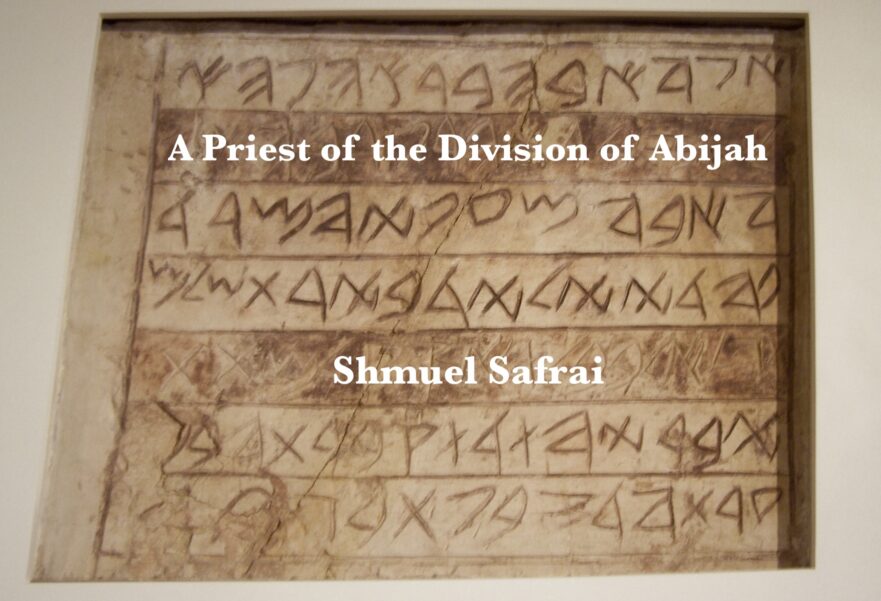
The priestly division of Abijah was named after one of the priests who returned to the land of Israel with Zerubbabel and Jeshua (Nehemiah 12:4). This was the priestly division to which Zechariah, John the Baptist’s father, belonged.

